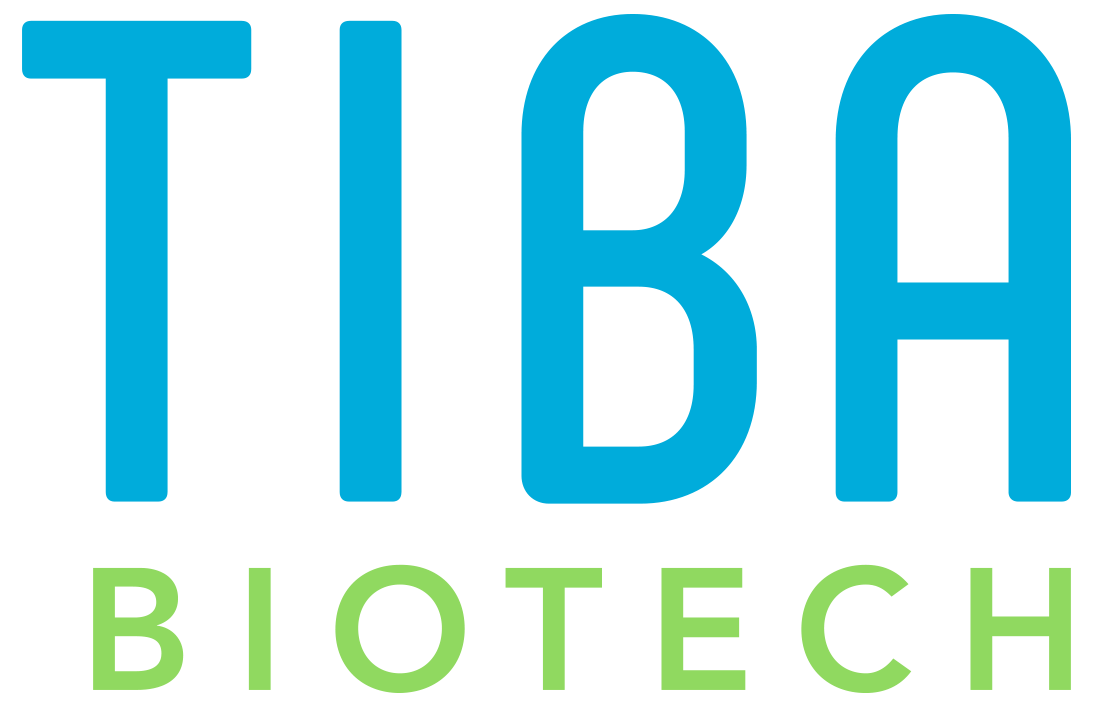
To maximize the therapeutic impact of next generation medicines, Tiba has developed proprietary molecular systems designed for improved nucleic acid delivery. These delivery systems offer greater payload capacity and support a broad variety of nucleic acid types. With a focus on simplification, increased scalability of production and the elimination of deleterious material-induced effects, Tiba’s enabling technologies are at the forefront of the nucleic acid field.
Tiba Vaccines
Our early pipeline is focused on vaccines. We have developed a fully synthetic RNA vaccine platform that utilizes our proprietary delivery chemistry. This approach enables cost effective, rapid and adjuvant-free vaccine production for both human and animal health. Tiba’s vaccines are composed of two parts: a large, self-replicating RNA instruction set programmed to train the immune system to target specific pathogens, and a delivery molecule that safely and efficiently transports the instruction set into the cell.
 A key innovation enabling the deployment of complex RNAs as a vaccination tool is our delivery system: the modified dendrimer molecule. This is a fully synthetic and thermostable material that delivers the nucleic acid into the patient’s cells upon vaccination. Our large payload capacity can support a variety of RNAs simultaneously, each encoding one or more proteins, to assemble composite antigens and drive immunity against multiple diseases in a single vaccine. This modular system allows us to quickly prototype new vaccines to address emerging or rapidly changing pathogens as well as more efficiently protect against known diseases.
A key innovation enabling the deployment of complex RNAs as a vaccination tool is our delivery system: the modified dendrimer molecule. This is a fully synthetic and thermostable material that delivers the nucleic acid into the patient’s cells upon vaccination. Our large payload capacity can support a variety of RNAs simultaneously, each encoding one or more proteins, to assemble composite antigens and drive immunity against multiple diseases in a single vaccine. This modular system allows us to quickly prototype new vaccines to address emerging or rapidly changing pathogens as well as more efficiently protect against known diseases.
Tiba Diagnostics
Our synthetic approach to delivery enables a unique opportunity in the rapid development of novel infectious disease diagnostics. Tiba can drive the natural expression of antibodies relevant to an antigen of interest in an animal model. From this we can develop diagnostic prototypes for down-stream validation in parallel with our vaccine campaign. Of particular merit is our background in generating highly specific single-domain camelid antibodies (otherwise known as VHHs) for a range of diagnostic modalities. As a research tool, this allows us deeper insight into our vaccine design at an early stage of development. As a product offering, a new line of infectious disease diagnostics will help identify and track at-risk patients.
.
